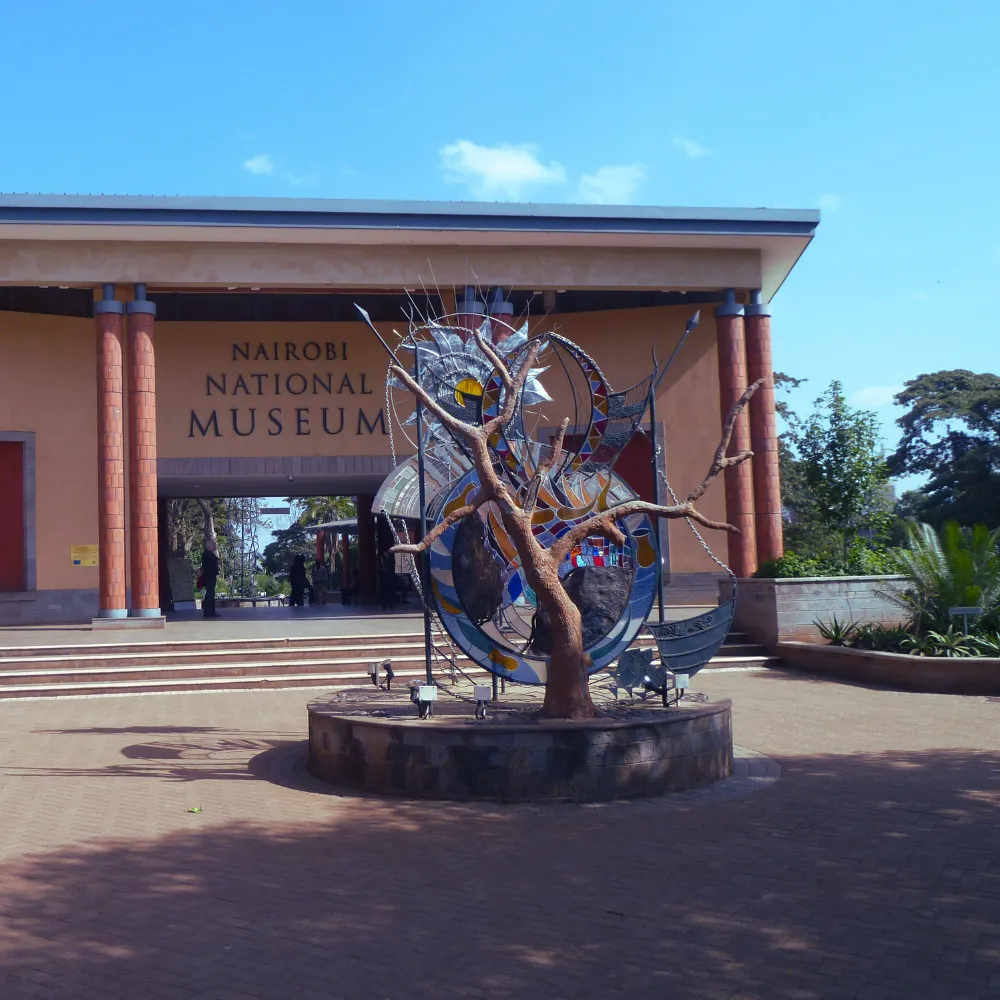The National Museums of Kenya (NMK) is a multidisciplinary center of excellence in research, heritage conservation, and scientific discovery. The institution’s research mandate is vested in the Directorate of National Repository and Research (DNRR), which is responsible for conducting cutting-edge research, preserving national scientific collections, and advancing knowledge in Kenya’s cultural and natural heritage.
The roots of this directorate date back to the early 20th century, when naturalists and researchers began collecting and depositing biological and cultural specimens at the Museum of the East African Natural History Society—a collection that later became part of the National Museums of Kenya.
Today, the DNRR has grown into a world-class research institution, accumulating millions of reference specimens and making groundbreaking contributions to archaeology, anthropology, biodiversity, and geology.
NMK serves as Kenya’s official repository for biological, cultural, and historical collections, preserving:
These collections support scientific research, conservation efforts, and public education.
NMK’s DNRR is at the forefront of scientific exploration and conservation, conducting:
NMK actively shares research findings through:
Through these partnerships, NMK contributes to global discussions on climate change, conservation, and human origins.
The NMK Directorate provides:
These resources support local and international scholars, conservationists, and policymakers.
The Directorate of National Repository & Research is structured into seven specialized research departments, each focusing on different aspects of scientific discovery and conservation.







The National Museums of Kenya (NMK), established under the Museums and Heritage Act (2006), is a multi-disciplinary institution dedicated to collecting, preserving, researching, and presenting Kenya’s cultural and natural heritage.
Sign up to our newsletter